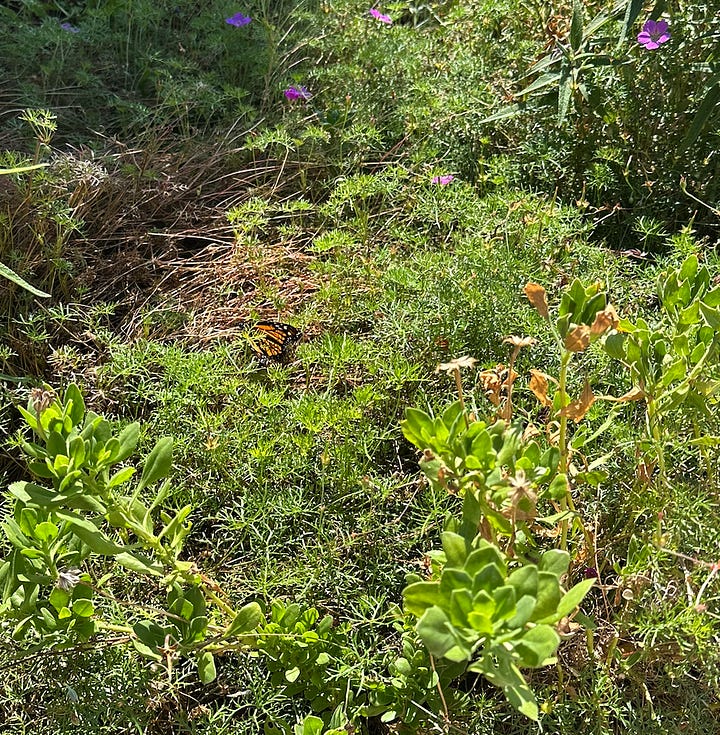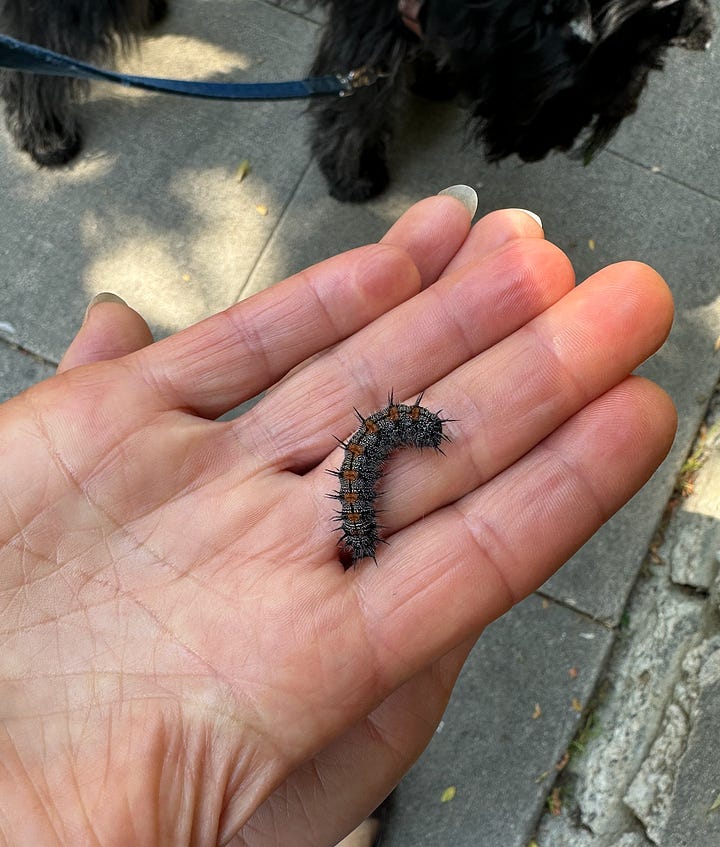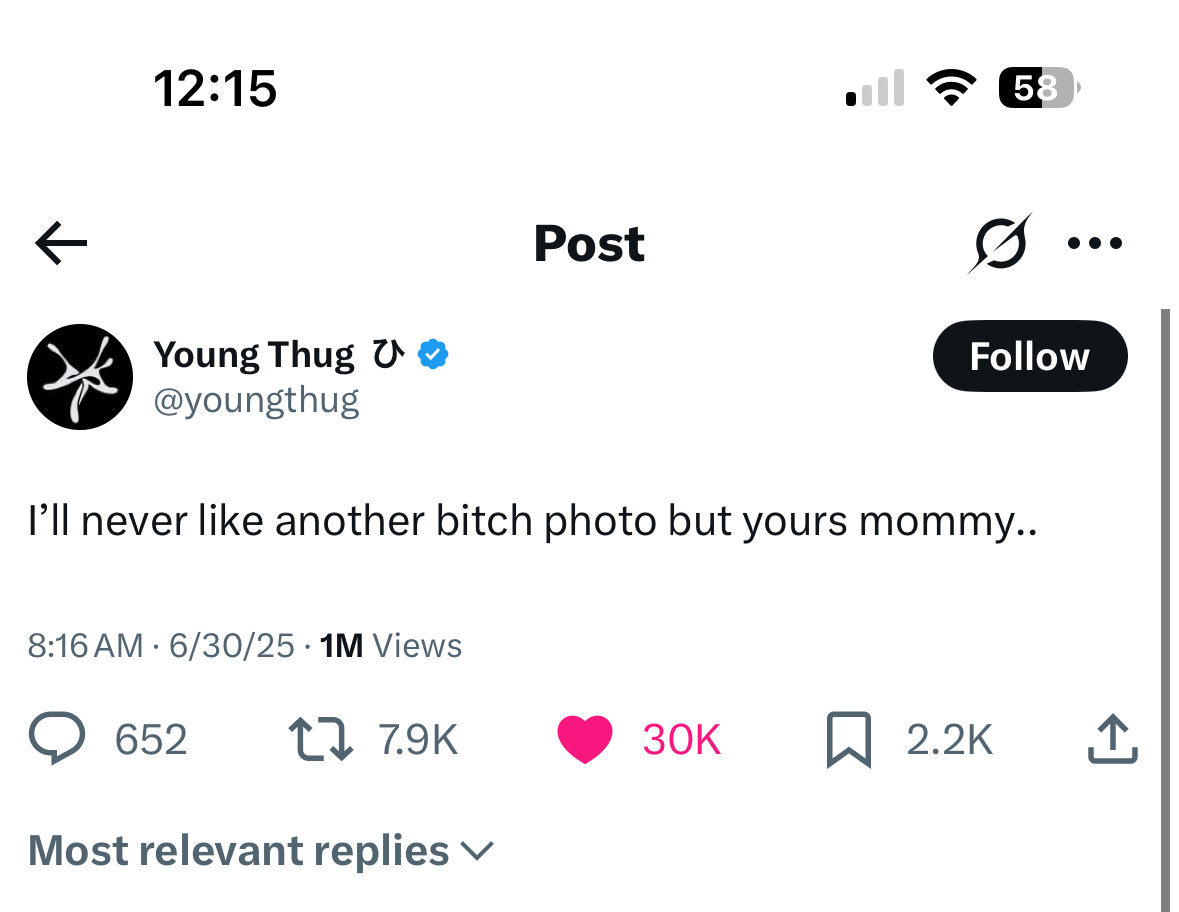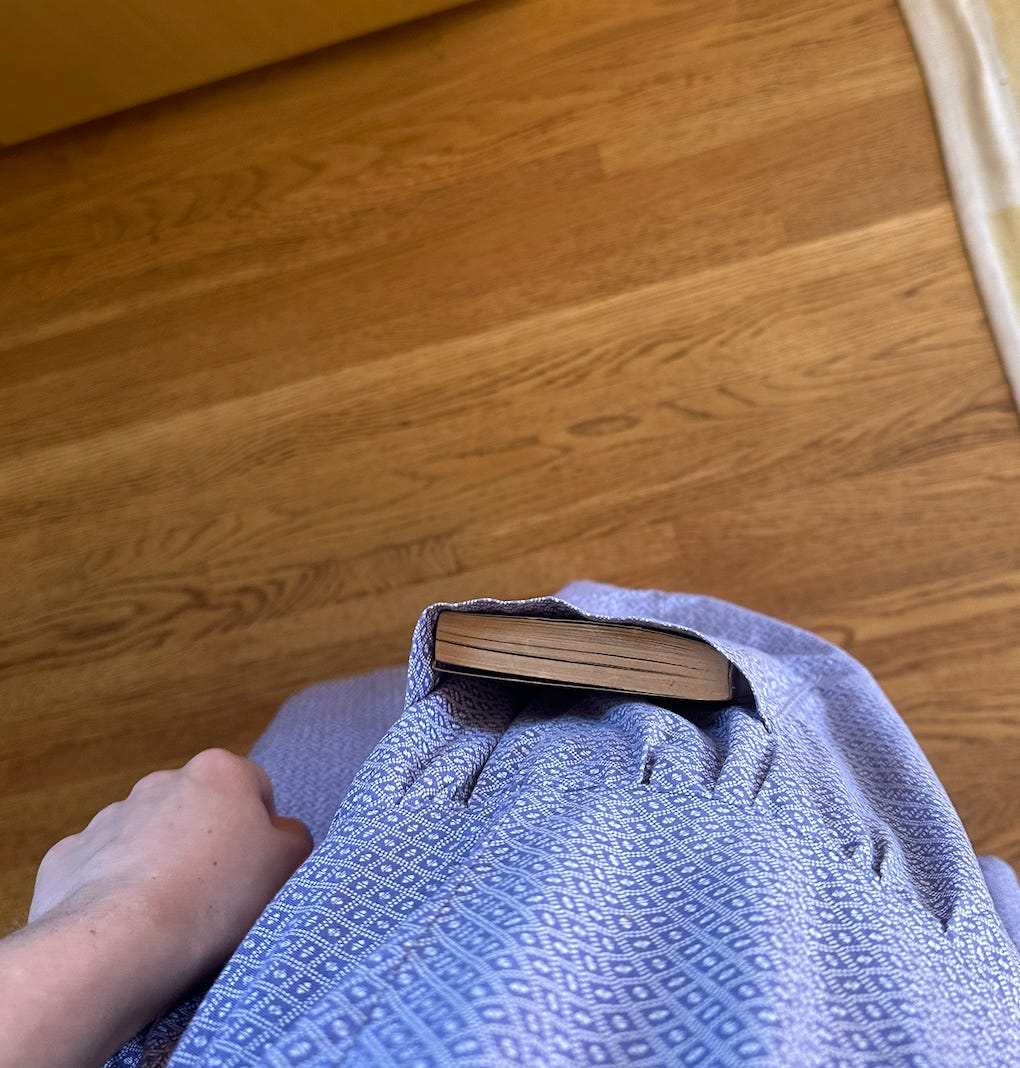The body remembers. I have been practicing piano again, which is always a frustrating experience because I’ve forgotten many of the things I used to know. The funny thing is, my body has not. I will be limping through pieces with a brain that cannot quickly translate the notes on the pages to notes on the piano, but I make the same error that I then find was circled by my piano teacher when I was 17. In this case, I hold my finger on the key despite a rest note, and I do it in exactly the two places it is circled on the paper from 14 years ago. The mind can adapt, but the body remembers.
I relied too heavily on muscle memory in piano. I would speed through things with no engagement of the mind. My teacher was old school in that she was mean and probably wanted to hit my hands with a ruler. She would try to break my reliance on muscle memory by having me play as slowly as I could, disregarding the composer’s tempo. Muscle memory would fail and I would have to revert to my mind, and if that wasn’t there, I couldn’t play. Looking back on notes from 14 years ago, it's easy to see what your mistakes were, but your body only remembers that motion, that hand position, that hold. Seeing that the mistake exists is not enough to fix it. It just makes us aware we are walking into a trap.
Today, on a walk, we found a monarch butterfly on the sidewalk. We picked it up so it wouldn’t be trampled, but it had clearly just hatched, and was missing part of a wing. It couldn’t fly. I moved it to the grass. It went into its chrysalis anticipating a change, but came out incorrectly, and now it will die. 100 feet ahead we found a caterpillar on the sidewalk. My dog tried to pick it up, but its spikes protected it, and I grabbed it instead. It was looking for a place to undergo its metamorphosis. I moved it to a hedge. I hope that when it hatches, it is fully formed, with enough wings to lead a healthy life.


William Faulkner wrote a character who loses his virginity at 27, and says that what would have been over in 2 seconds at 14 was over for him in three score and nine. He meets Her and is in “eclipse,” “out of time,” “that condition, fact, that does not actually exist except during the instant you know you are losing it.” After he is jailed for killing his woman in a botched abortion, her husband comes to him with a cyanide pill. He refuses, thinking “between grief and nothing, I chose grief.” He communes with his anima, for he knows that the womb and the grave are one. We can all hope that we value love enough to choose grief over nothing, but not all of us were not written by Faulkner.
The butterfly saddens me. This beautiful creature, with such promise, just born into a brand new life – would he choose grief, or nothing? Having just come from nothing, wouldn’t one presume he would be okay to go back? Or in butterfly years, is one second of sunshine and grass and flowers worth the pain of being born wrong? Faulkner’s Harry Willborune has spent his life living on scraps, saving and working hard to put himself through medical school. He only smokes on the weekend, does not go out, and lives entirely monastically until he meets Charlotte. The purity and privation does not work anymore. He must have her by any means necessary, and steals money and leaves his internship in the last two weeks to go away with her, whether they starve or freeze. He knows that having met her, he can never go back to living on nothing, and even after she is gone, he holds onto her memory as proof. A life lived to the fullest briefly is more valuable to him than his years of peering into windows, waiting for something. It is not Charlotte herself that gives his life value, it is the love that she awakens in him that he cannot let go of. His love of her makes life, however awful it becomes, worth living. And so he chooses grief.








